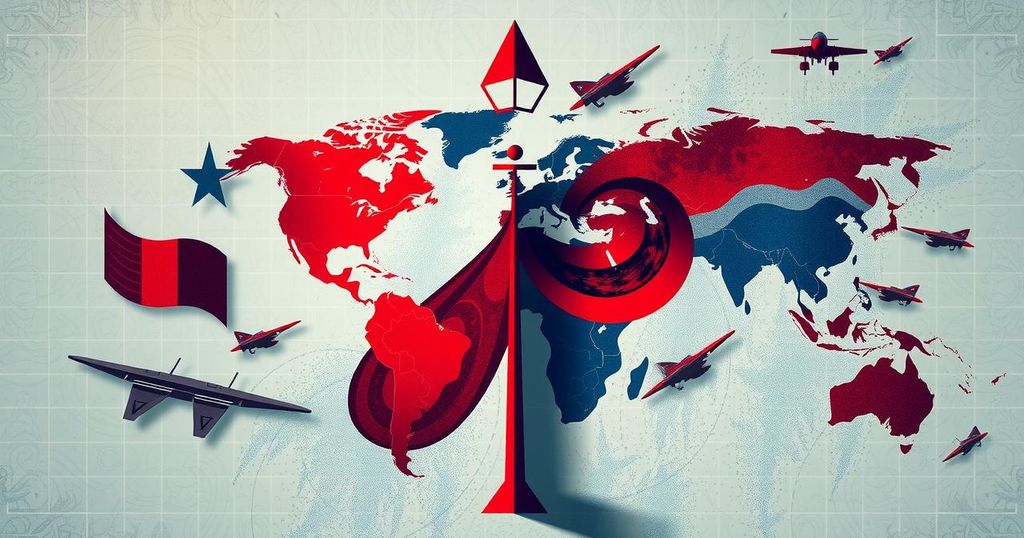Politics
AMERICA, ASIA, CANADA, DENMARK, DONALD TRUMP, EUROPE, FOREIGN POLICY, GREENLAND, IRAN, ISRAEL, LONDON, LONDON SCHOOL OF ECONOMICS, NATIONAL SECURITY, NATO, NORTH AMERICA, PANAMA CANAL, PETER TRUBOWITZ, POLITICS, RICHARD NIXON, TRUMP, TRUMP ADMINISTRATION, UNITED KINGDOM, UNITED STATES, US, VLADIMIR PUTIN, WHITE HOUSE
Leila Ramsay
0 Comments
How Trump is Using the ‘Madman Theory’ to Shift Global Dynamics
- Trump’s foreign policy hinges on unpredictability, known as the Madman Theory.
- Analysts suggest Trump leverages his character traits for political gain.
- The shift in NATO spending reflects event-driven reactions to Trump’s behavior.
- Concerns grow over adversaries potentially standing firm against Trump’s strategy.
- The unpredictability may jeopardize long-standing alliances and commitments.
Trump’s Unpredictability as a Political Strategy
Trump’s second term unfolds under a cloud of unpredictability, the hallmark of his foreign policy strategy. When asked about potential military action against Iran, he ambiguously responded, “I may do it. I may not do it. Nobody knows what I’m going to do.” This sentiment mirrors a broader tendency of Trump to oscillate between positions, as evidenced by his sudden military actions after implying a pause in negotiations, showcasing the fluidity in his diplomatic stances. Political analysts describe this pattern as the Madman Theory—consistently portraying the president as capable of erratic decisions enhances his negotiating power.
Foreign Relations and Madman Theory’s Impacts
The Madman Theory attempts to instill a sense of fear and caution among adversaries by presenting Trump as someone who may act on impulse without warning. Peter Trubowitz, a professor at the London School of Economics, notes, \”Trump has constructed a highly centralized policy-making apparatus that reflects his character and temperament.\” As a result, the current global landscape is unpredictable, creating tension among allies while seemingly coercing opponents. Trump’s approach to foreign relations has appeared to shift American allies’ defense spending, suggesting that his strategy may yield tangible results, albeit with significant risks attached.
Evaluating Rivals’ Responses to Unpredictability
Not everyone is convinced that this unpredictability can be effective against long-standing adversaries. Historical precedents indicate that such tactics may backfire. For instance, former British Foreign Secretary William Hague argued that aggressive military posturing toward Iran may only strengthen its resolve to seek nuclear capabilities. Trump’s volatile exchanges with leaders, like his recent communication with Putin, may reflect a growing reliance on approval rather than calculated strategy. Concerning the NATO alliance, the continued commitment from allies is now under scrutiny, and as Europe contemplates operational independence from US influence, the ramifications of Trump’s Madman Theory will become increasingly evident.
In conclusion, Donald Trump’s employment of the Madman Theory in foreign policy exemplifies an aim to manipulate international relations through unpredictability. While his strategies appear to have pressed allies to increase defense budgets, there is significant concern regarding long-term trust and reliability. The future remains uncertain, as adversarial relations could shift in response to Trump’s unique approach to world politics, potentially altering the US’s role on the global stage.




Post Comment